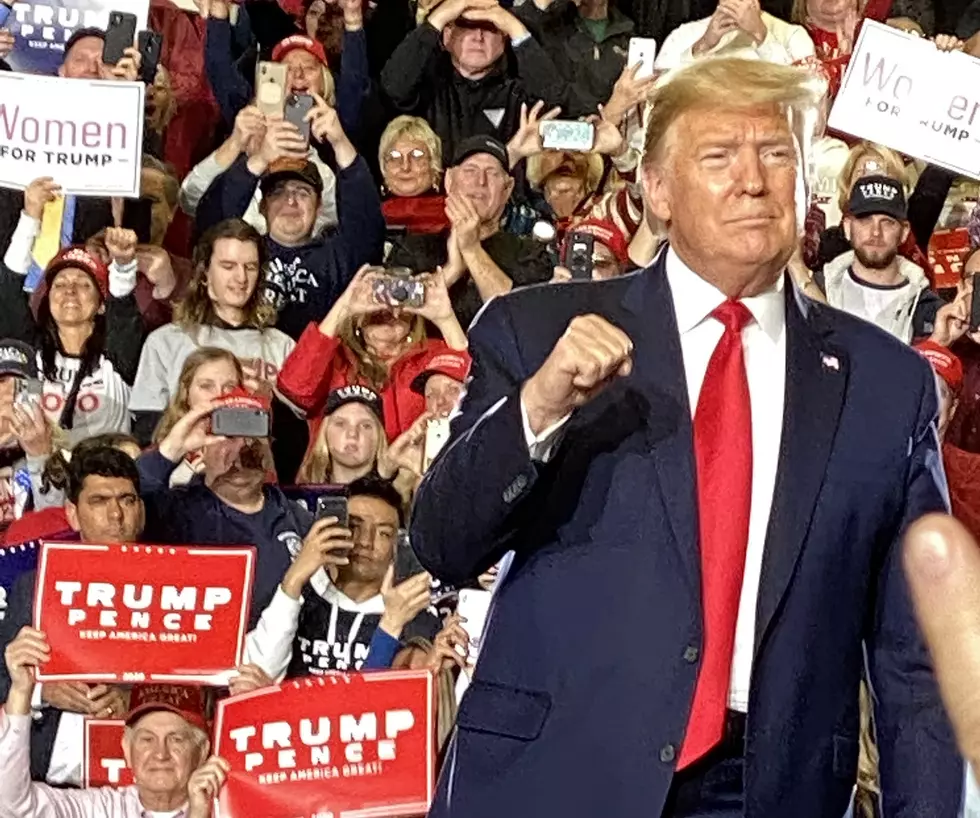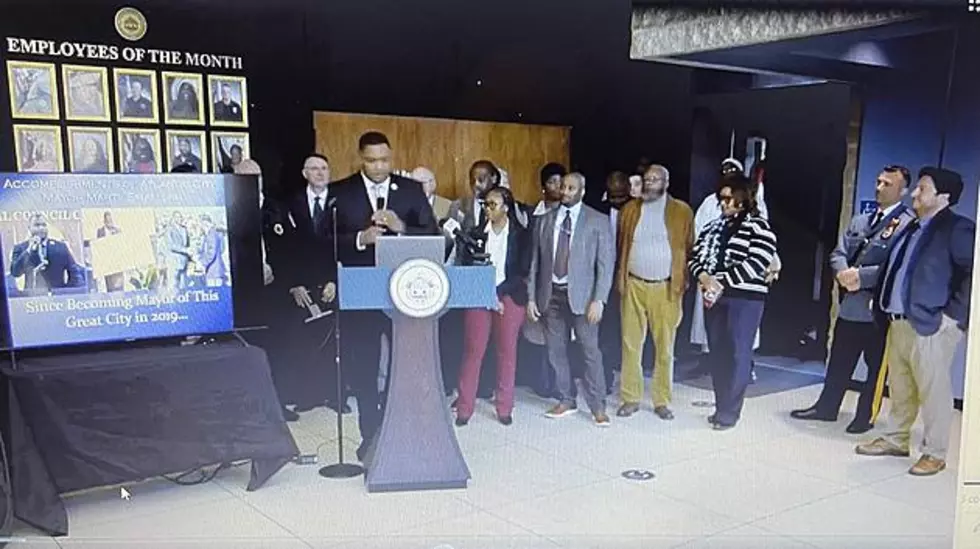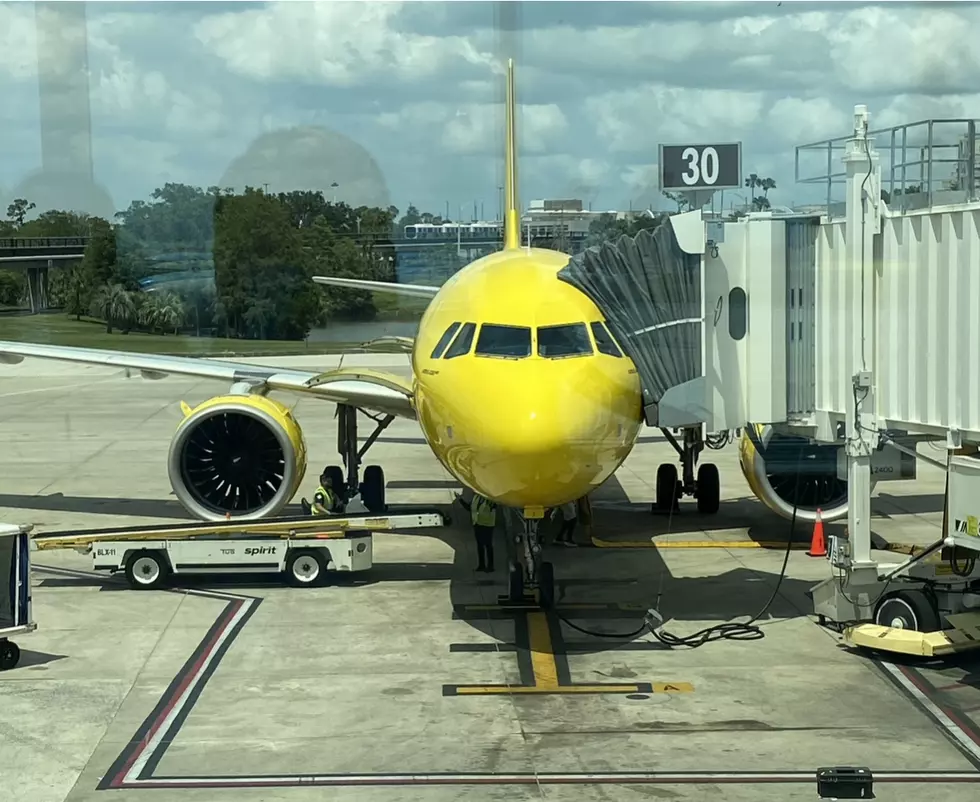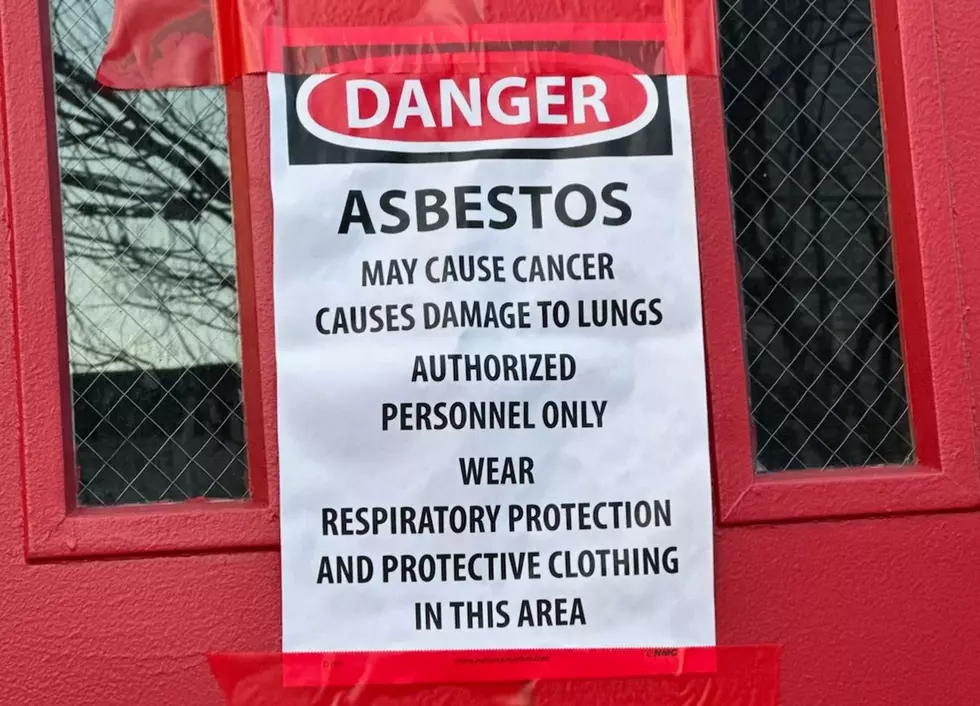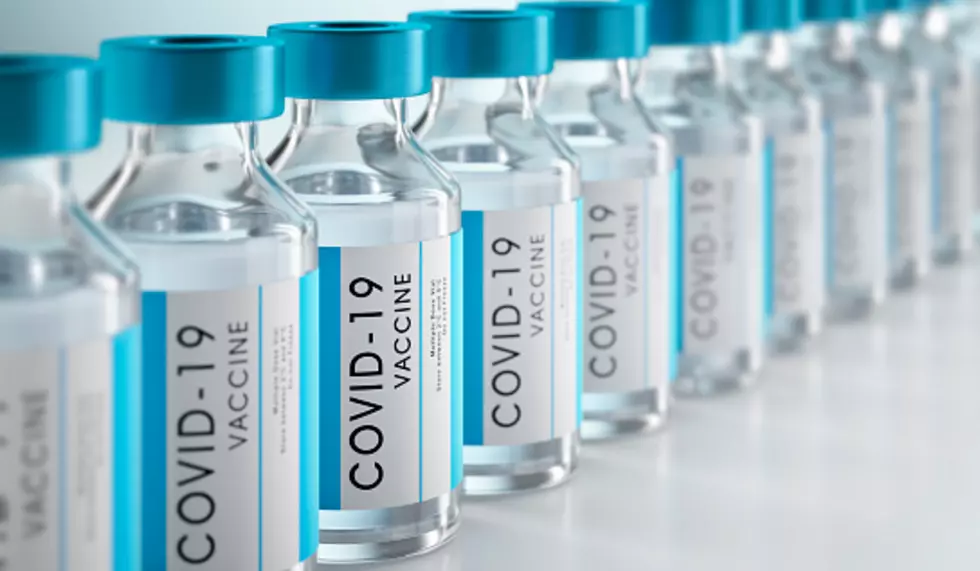
What’s Next: COVID-19 Booster Could be a Patch or Pill & Not a “Shot”
Now that your vaccinated, what happens next?
David Kessler is the chief science officer for the federal government’s COVID-19 response. He has responded to this important question.
“With many vaccines, we understand that at a certain point we need to boost, whether that’s nine months, 12 months, and we are preparing for that,” Kessler told CBS News.
Boosters may he combined with the annual flu vaccine. The vaccine makers are also presently working on tweaking the current versions to combat the most contagious variants that can cause severe illness.
Their big focus right now is to understand the mutations that are taking place, with emphasis on the B.1.351 variant, also known as the South African variant.
According to Fast Company, boosting vaccines against variants is easily done. “Since both the Pfizer and Moderna vaccines use mRNA technology to neutralize the spike protein of SARS-CoV-2, immunologists say a simple tweak may solve the problem.”
"With an RNA vaccine, it’s very easy to switch," said Dr. Drew Weissman, an immunologist at the University of Pennsylvania, who specializes in mRNA technology and vaccine research.
The Biomedical Advanced Research and Development Authority (BARDA) announced it established partnerships with developers to create “new vaccine delivery technologies” to provide individuals with a broader range of immunization options that are easier to use and potentially more effective than needles and syringes.
The BARDA announcement explained that having a wearable skin patch or oral options for vaccine delivery “may support rapid, large-scale immunizations while reducing the strain on the manufacturing supply chain.”

SOURCES: CBS News, Fast Company, Biomedical Advanced Research and Development Authority (BARDA).
More From WPG Talk Radio 95.5 FM
